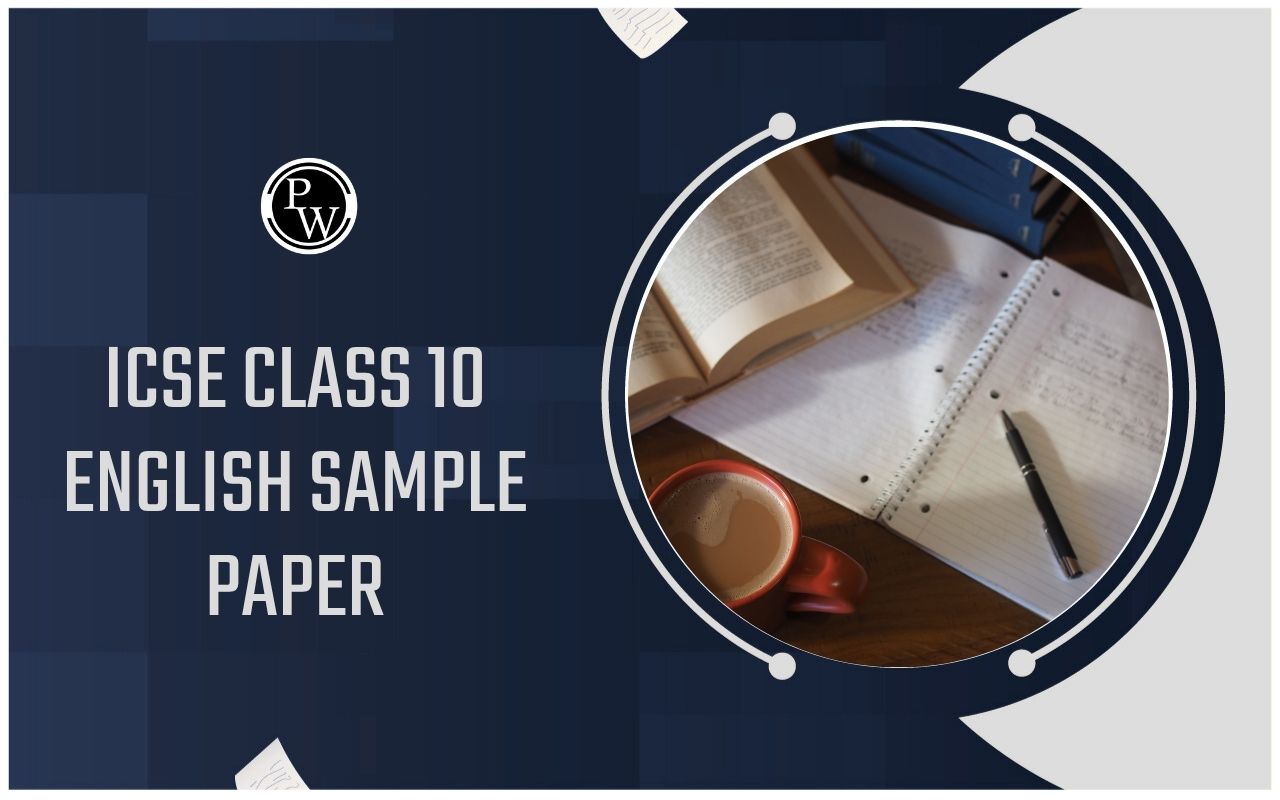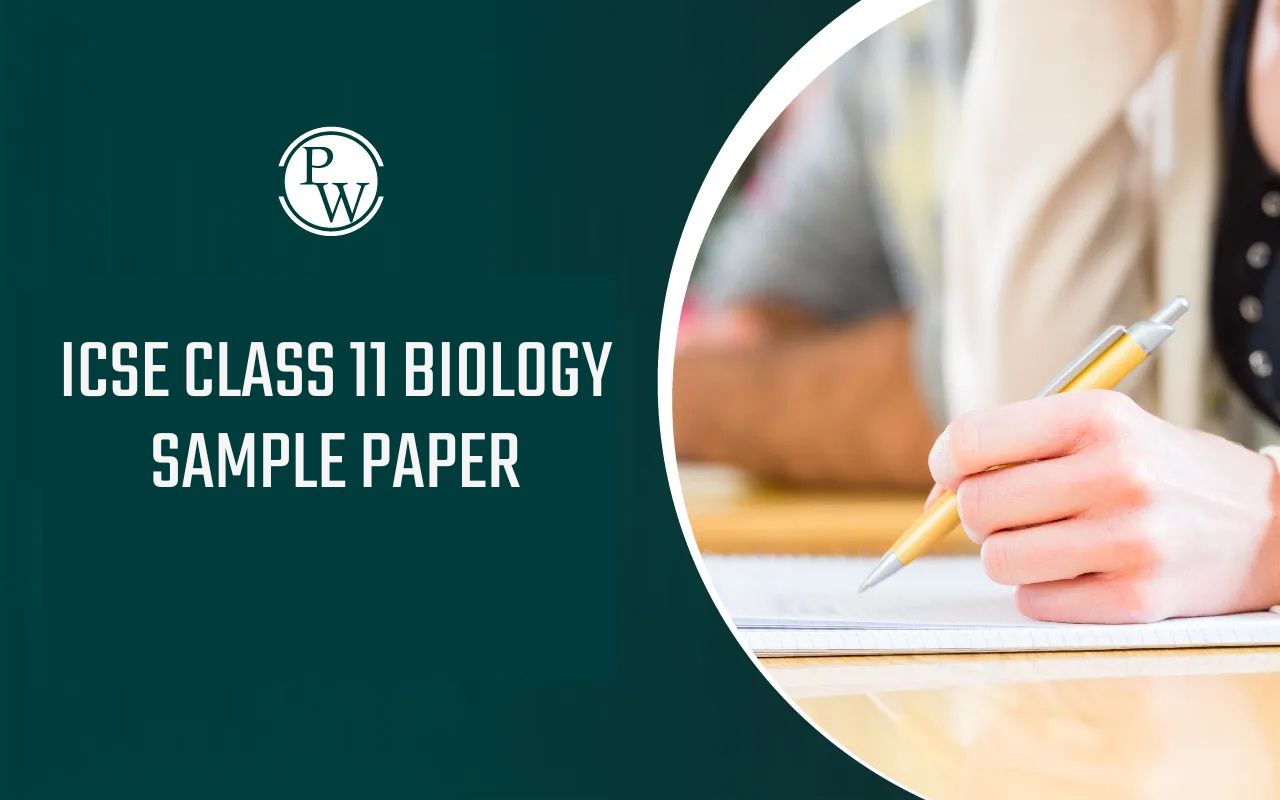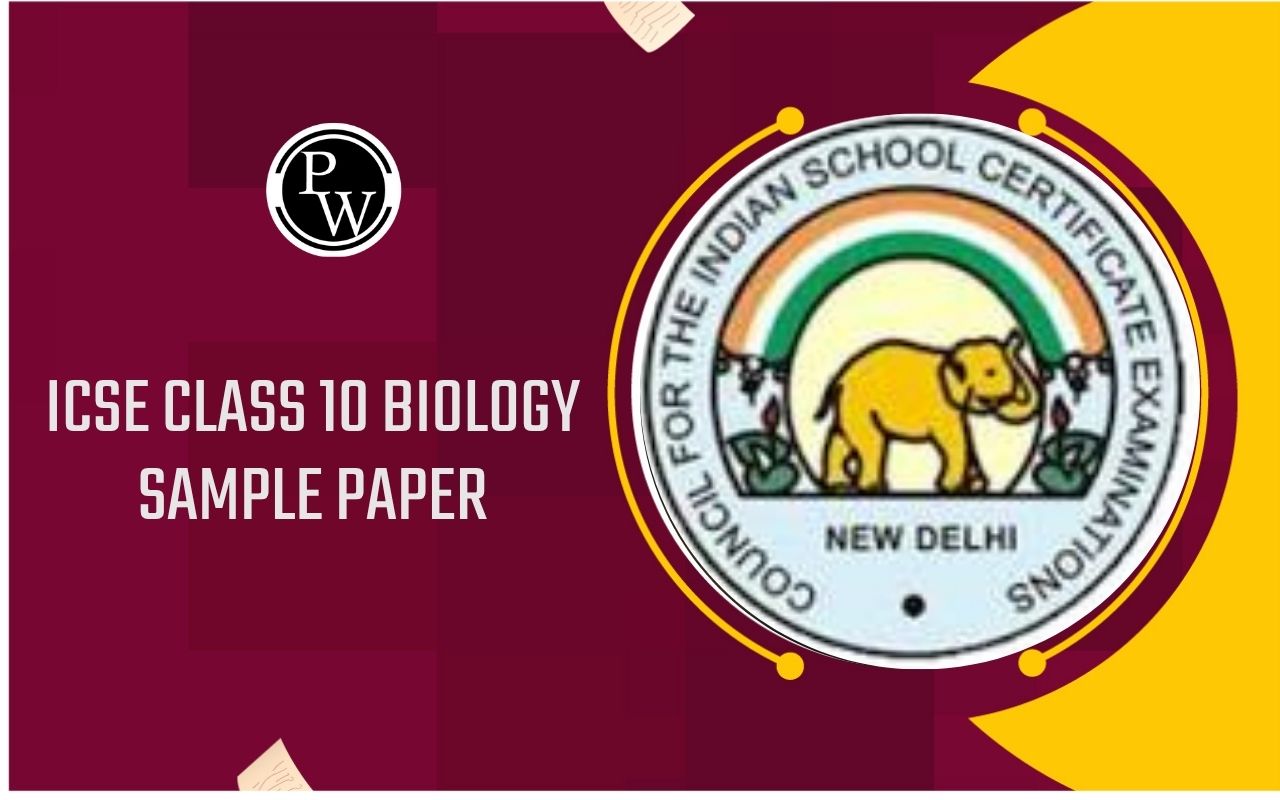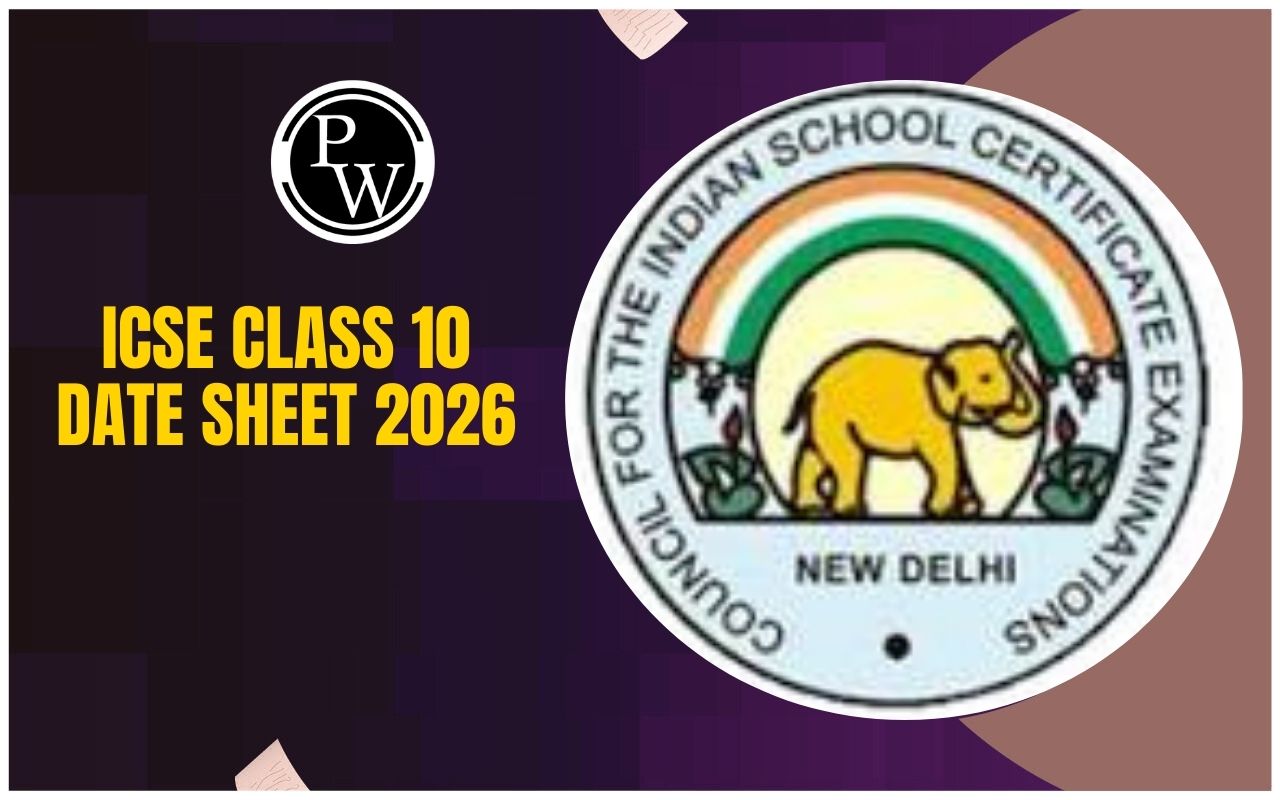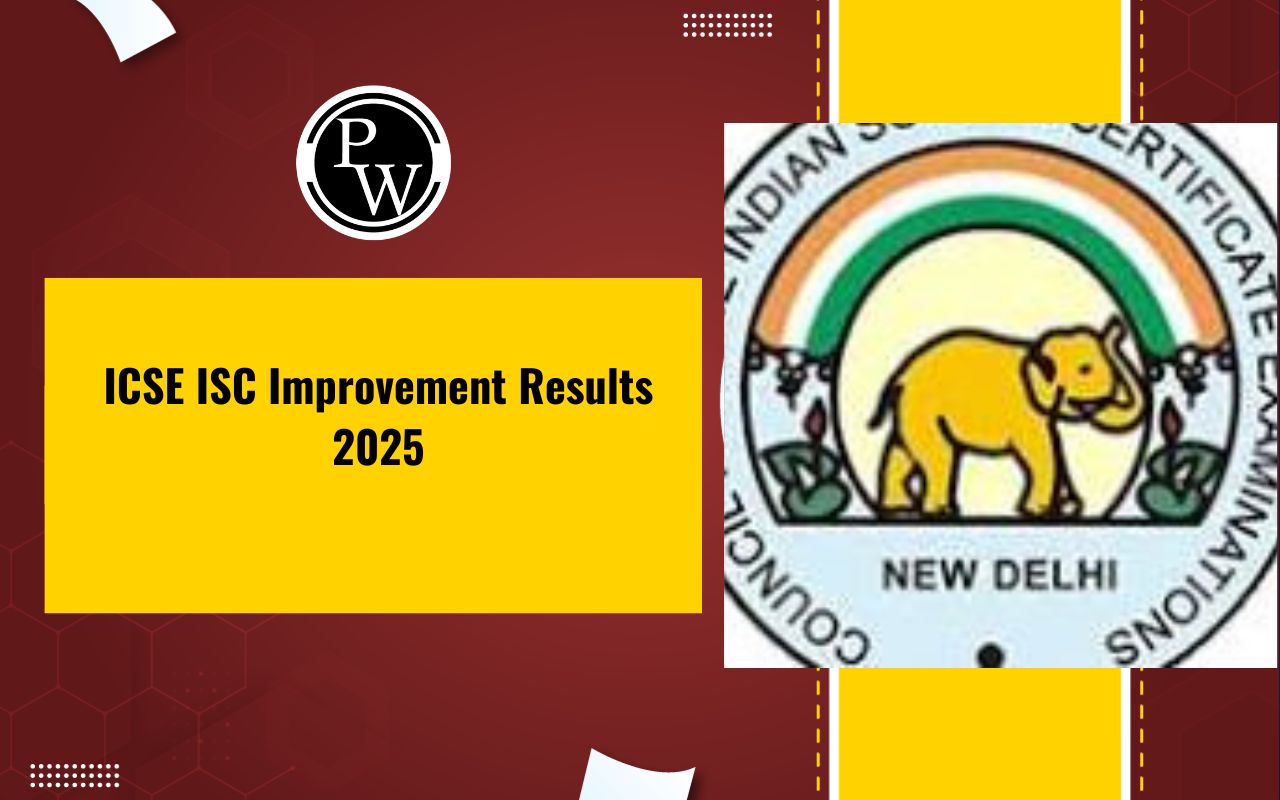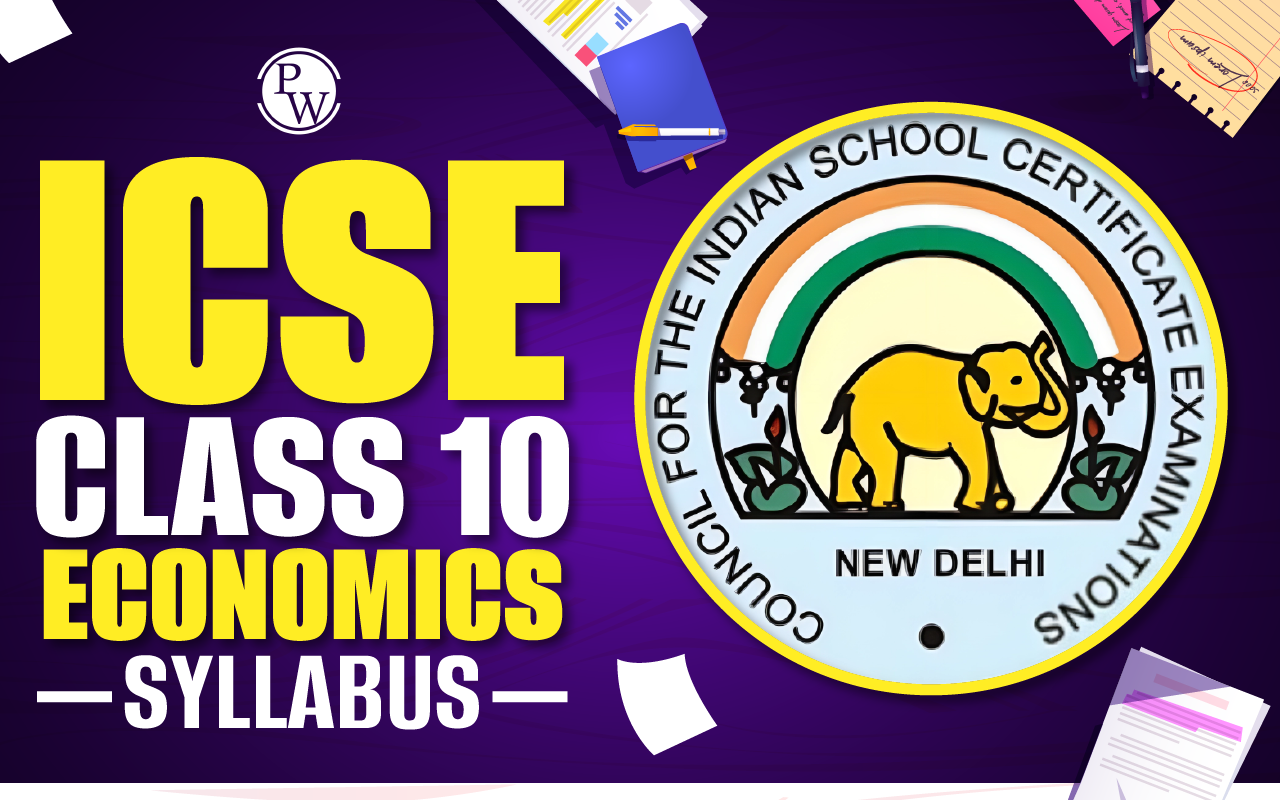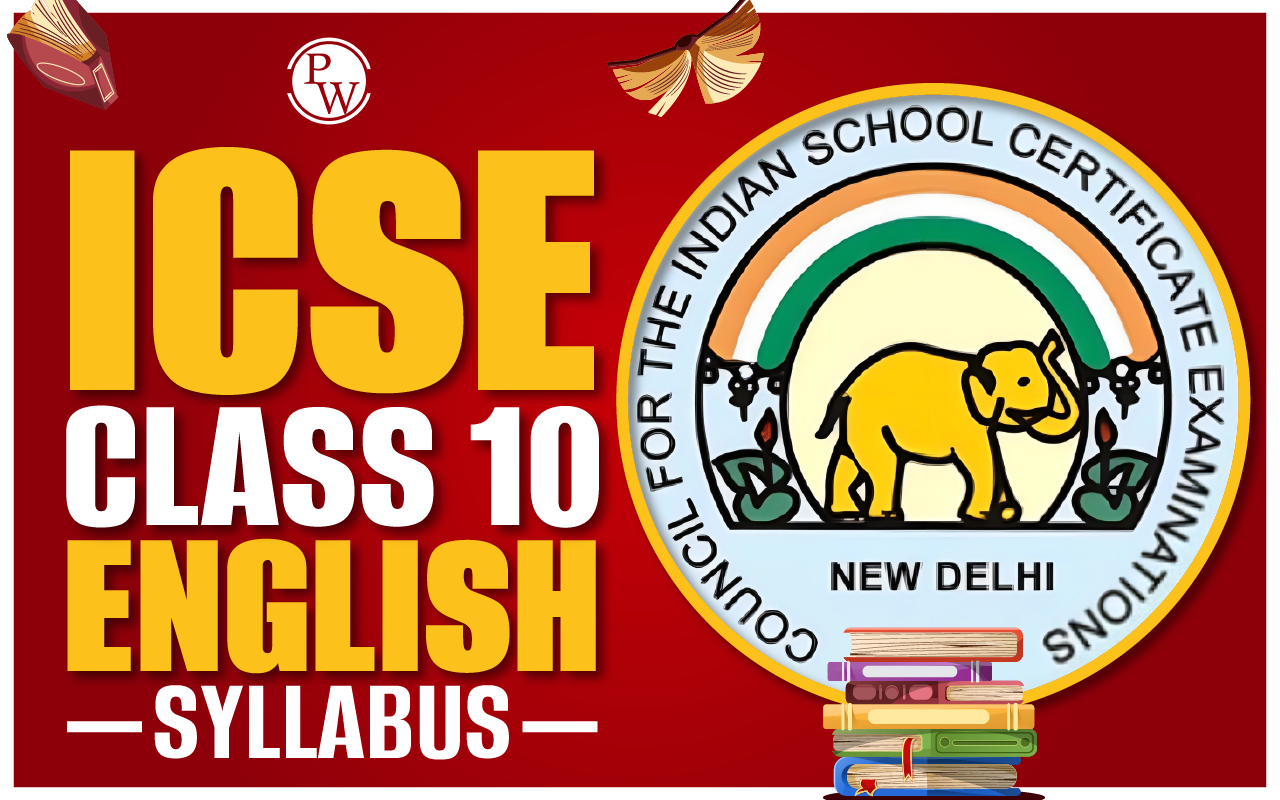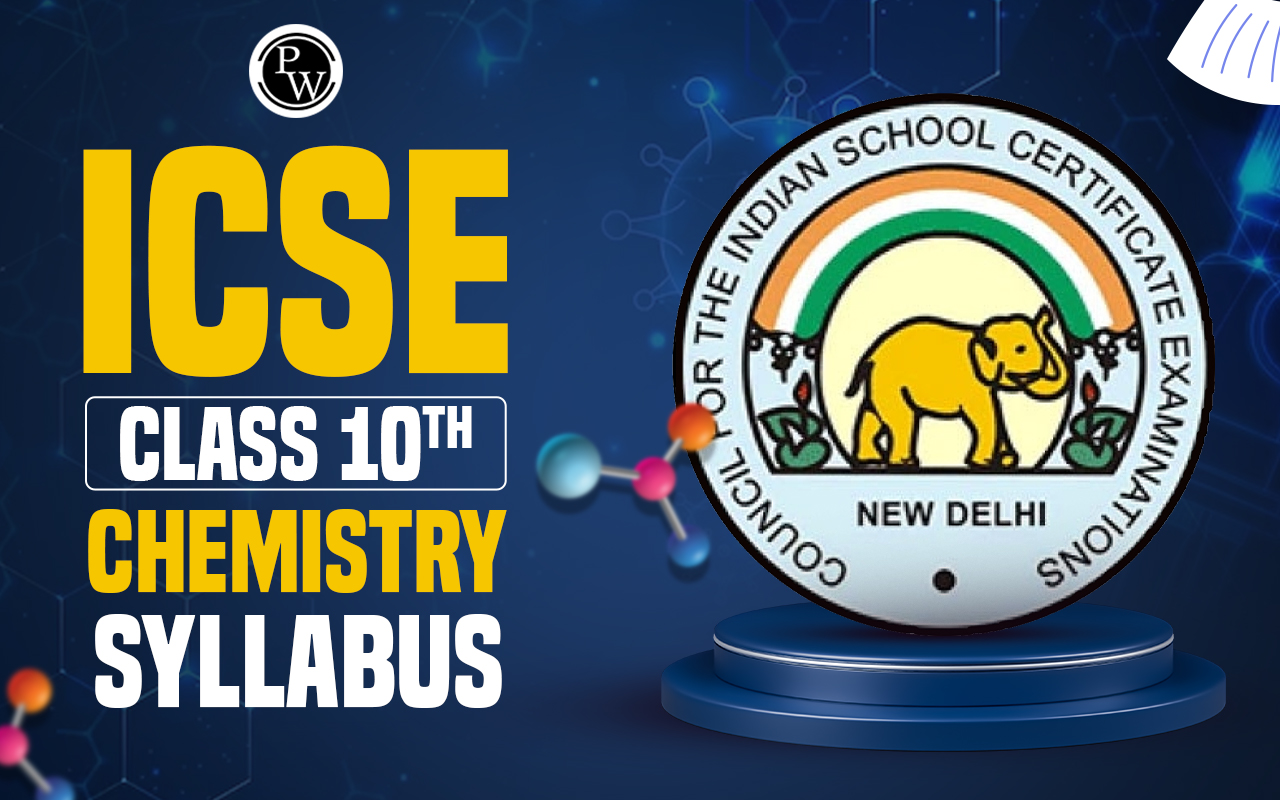
The Council for the Indian School Certificate Examinations (CISCE) has officially released the ICSE Class 10 History and Civics Syllabus 2025,providing students a structured and detailed guide for the academic year.
The syllabus is divided into two sections—Civics, which focuses on the political framework and functioning of the Indian government, and History, which covers India’s freedom struggle and significant global events of the 20th century.
ICSE Class 10 Maths Selina Solutions
By emphasizing conceptual clarity, critical thinking, and awareness of democratic values, the syllabus aims to build a solid foundation for students preparing for board exams and future academic pursuits in humanities, law, civil services, and related fields.
ICSE Class 10 History and Civics Syllabus 2025 Overview
In ICSE Class 10, History and Civics is a compulsory subject that helps students understand the functioning of Indian democracy and the historical foundations of modern India and the world.
The subject is divided into two main sections: Civics, which deals with the Indian Constitution, Legislature, Executive, and Judiciary; and History, which covers the Indian National Movement and major world events like the World Wars and the United Nations.
A thorough understanding of this syllabus enables students to perform well in their board exams while developing civic awareness and historical perspective. Here's an overview of the ICSE Class 10 History and Civics syllabus for 2025:
|
ICSE Class 10 History and Civics Syllabus 2025 Overview |
|
|---|---|
|
Particulars |
Details |
|
Board |
Council for the Indian School Certificate Examinations (CISCE) |
|
Class |
10th |
|
Academic Year |
2025 |
|
Subject |
History and Civics |
|
Exam Duration |
2 hours |
|
Official Website |
|
ICSE Class 10 History and Civics Syllabus 2025 Exam Pattern
ICSE Class 10 History and Civics Exam Pattern for 2025 has been officially released by the Council for the Indian School Certificate Examinations (CISCE). This structured assessment framework is designed to evaluate students' understanding of historical events and civic concepts comprehensively.
- There will be a single paper lasting two hours, carrying a total of 80 marks, and an Internal Assessment contributing 20 marks.
- The paper will be divided into two parts, namely Part I and Part II.
- Part I (30 marks) will consist of short answer questions covering the entire syllabus. Candidates must answer all the questions in this part.
- Part II (50 marks) will be divided into Section A and Section B. Candidates need to respond to two out of three questions from Section A and three out of five questions from Section B.
ICSE Class 10 History and Civics Syllabus 2025 Subject-Wise
The Council for the Indian School Certificate Examinations (CISCE) has structured the ICSE Class 10 History and Civics Syllabus 2025 to help students develop a deep understanding of India’s political framework and its historical journey.
The subject is divided into two main sections: Civics (Section A) and History (Section B). The paper is for 80 marks, with an internal assessment of 20 marks.
SECTION A: CIVICS
This section emphasizes the political institutions and governance mechanisms of India. It aims to build civic awareness and political literacy among students.
1. The Union Legislature
-
Federal Setup: Understanding the federal structure of India.
-
Lok Sabha: Term, composition, qualifications for membership, and parliamentary procedures (sessions, quorum, question hour, adjournment, no-confidence motion). Role and election of the Speaker.
-
Rajya Sabha: Composition, qualifications, election process, term, and role of the presiding officer.
-
Powers and Functions: Legislative, financial, judicial, electoral powers, and constitutional amendments. Exclusive powers of both Houses.
2. The Union Executive
-
The President: Qualifications, Electoral College, reasons for indirect election, term, impeachment procedure, and various powers (executive, legislative, judicial, discretionary, emergency).
-
The Vice-President: Qualifications, term, and functions.
-
Prime Minister and Council of Ministers: Appointment, formation, tenure, functions (policy-making, legislative, financial, emergency), role of the Prime Minister, collective and individual responsibility, and the distinction between Council of Ministers and Cabinet.
3. The Judiciary
-
Supreme Court: Composition, qualifications, appointment of judges, independence of the judiciary, jurisdiction (original, appellate, advisory, revisory, judicial review), and role as a guardian of Fundamental Rights.
-
High Courts: Composition, qualifications, appointment of judges, and jurisdiction.
-
Subordinate Courts: Difference between District and Sessions Court; concept and advantages of Lok Adalats.
SECTION B: HISTORY
This section offers a chronological exploration of India's freedom movement and major global events of the 20th century, aimed at developing historical thinking and perspective.
1. The Indian National Movement (1857–1917)
-
The First War of Independence, 1857: Causes (political, social, economic, military) and consequences.
-
Growth of Nationalism: Role of economic exploitation, repressive colonial policies, socio-religious reformers (Raja Rammohan Roy, Jyotiba Phule), and the Press.
-
Formation of INC: Role of Surendranath Banerjee and Dadabhai Naoroji.
-
Early Nationalists (1885–1907): Objectives, methods, contributions of Dadabhai Naoroji, Surendranath Banerjee, and Gopal Krishna Gokhale.
-
Radicals (1905–1916): Partition of Bengal, Surat Split, and contributions of Tilak, Bipin Chandra Pal, and Lala Lajpat Rai. Formation of the Muslim League and significance of the Lucknow Pact (1916).
2. Mass Phase of the National Movement (1915–1947)
-
Gandhian Movements: Non-Cooperation (causes, program, Chauri Chaura incident), Civil Disobedience (Simon Commission, Lahore Session, Dandi March), and Quit India Movement.
-
Subhas Chandra Bose and INA: Objectives and contributions.
-
Independence and Partition: Cabinet Mission Plan, Mountbatten Plan, and the Indian Independence Act (clauses only).
3. The Contemporary World
-
First World War: Causes (nationalism, imperialism, armament race, Sarajevo crisis), results (Treaty of Versailles, League of Nations).
-
Rise of Dictatorships: Causes, features of Fascism in Italy and Nazism in Germany.
-
Second World War: Causes (Versailles Treaty, fascism, Nazism, appeasement, League failure, Poland invasion), Pearl Harbor, Hiroshima, and Nagasaki bombings. Consequences (defeat of Axis powers, UN formation, Cold War).
-
United Nations: Objectives, functions of the General Assembly, Security Council, and International Court of Justice. Role of UNICEF, WHO, and UNESCO.
-
Non-Aligned Movement (NAM): Meaning, objectives, Panchsheel, role of Nehru, and founders.
ICSE Class 10 History and Civics Syllabus 2025 PDF Direct Download Link
Students preparing for the ICSE Class 10 History and Civics examination for the academic year 2025-26 can now access the official syllabus in PDF format.
This comprehensive syllabus outlines the topics to be covered, the marking scheme, and the structure of the examination, providing a clear roadmap for effective study and preparation.
By reviewing the syllabus, students can identify key areas of focus, allocate their study time efficiently, and ensure they are well-prepared for both the theoretical and internal assessment components of the subject.
ICSE Class 10 History and Civics Syllabus 2025
Study without using the internet
ICSE Class 10 History and Civics Syllabus 2025 Internal Assessment
You’ll have to pick any one project/assignment from the suggested assignments related to the syllabus:
- Compare the forms of Government in India and the U.S.A., focusing on Parliamentary and Presidential systems.
- Organise a mock Court session and document the proceedings.
- Provide a life sketch and discuss the contributions of one of the following Presidents of India: Dr. Rajendra Prasad, Dr. S. Radhakrishnan, or Dr. A.P.J. Abdul Kalam.
- Offer a book review for one of the following works: Dadabai Naoroji’s ‘Poverty and un-British rule in India’, Gandhi’s ‘The Story of my Experiments with Truth’, Nehru’s ‘Discovery of India’, Bhagat Singh’s ‘Why I am an Atheist’, Vijayalakshmi Pandit’s ‘The Scope of Happiness: A Personal Memoir’, or Abdul Kalam’s ‘Wings of Fire’.
- Discuss the historical significance of one of the following films in understanding 20th Century Europe: The Book Thief, Schindler’s List, Escape to Victory, The Boy in Striped Pyjamas, Life is Beautiful, The Sound of Music, Gandhi (Richard Attenborough), Sardar (Ketan Mehta), or Netaji Subhas Chandra Bose - The Forgotten Hero (Shyam Benegal).
- Highlight the work and achievements of one Nobel Laureate - choose between Malala Yousafzai or Kailash Satyarthi.
- Create a PowerPoint presentation on India’s Independence and Partition.
- Present on the influence of Gandhian principles on Martin Luther King or Nelson Mandela.
- Prepare a report on the contributions of one of the following United Nations agencies: UNESCO, WHO, UNICEF, ILO, UNDP, or FAO.
- Conduct a case study on recent human rights violations and explore available redressal mechanisms to prevent future instances.
Evaluation
The assignments or project work will be reviewed by the subject teacher and an External Examiner. The External Examiner might be a teacher chosen by the Head of the School, preferably from the faculty but not currently teaching the subject in that section or class. For instance, a Class VIII History teacher could be assigned as an External Examiner for Class X History projects. Both the Internal Examiner and the External Examiner will evaluate the assignments independently. Mark Distribution (20 Marks)
- Subject Teacher (Internal Examiner): 10 marks
- External Examiner: 10 marks
The total score out of 20 will be forwarded to the Council by the Head of the School. It is the responsibility of the Head of the school to ensure the timely online entry of marks on the Council’s CAREERS portal.
Preparation Tips for ICSE Class 10 History and Civics 2025
-
Start by reviewing the official ICSE History and Civics syllabus to know the chapters, topics, and marking scheme.
-
Divide your weekly schedule to include regular History and Civics revision along with other subjects.
-
Give special attention to key chapters such as The First War of Independence, The Indian National Movement, and the Working of the Indian Constitution.
-
Stick to the ICSE textbook for accurate and exam-relevant content.
-
Prepare concise notes with important dates, events, acts, and definitions to revise quickly.
-
History involves a lot of timelines, so study events in chronological order for better understanding.
-
Focus on understanding how the Constitution, the Legislature, Executive, and Judiciary function.
-
Solve previous years’ question papers and sample papers to get used to the format and improve writing speed.
-
Use bullet points, underlining, and diagrams like flowcharts to make your answers clear and well-structured.
-
Practice full-length mock tests under exam conditions to assess your preparation and time management skills.
ICSE Class 10 History and Civics Syllabus 2025 FAQs
Where can I find the official ICSE Class 10 History and Civics syllabus?
What are the marking weightages for internal and external assessments in History and Civics?
What are the main topics covered in the ICSE Class 10 History and Civics syllabus?
How much time should I spend studying for the ICSE Class 10 History and Civics exams?

